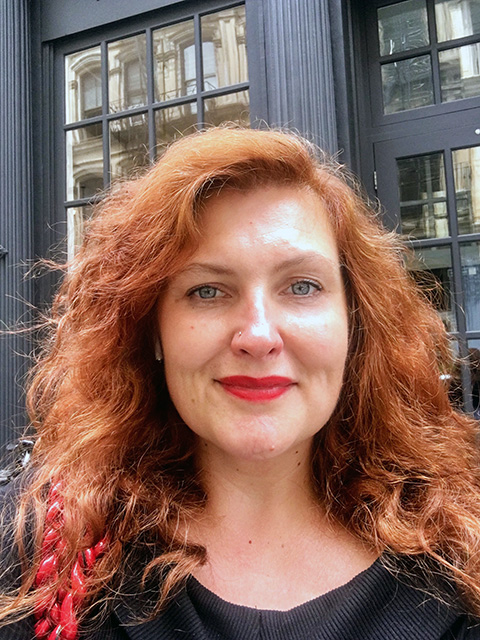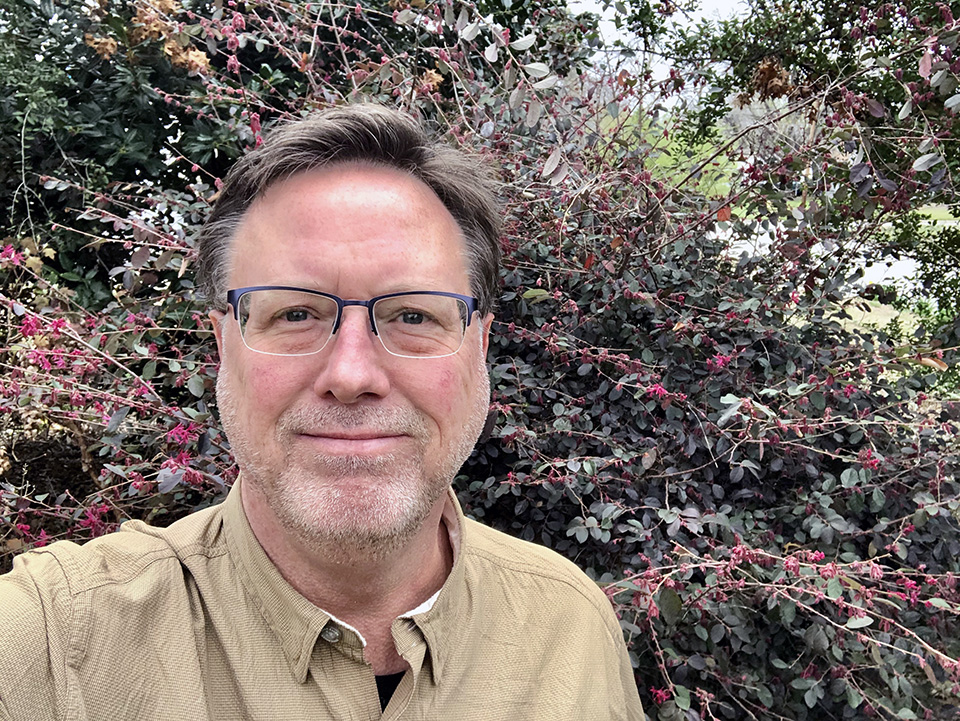In addition to four decades’ experience in business management, Derrell Cox, PhD has twenty years’ experience in translational research, including in sexual and reproductive health, aging and the dementias, gut microbiome, food environment and sovereignty, childhood development, and infectious disease prevention…all within historically marginalized and minority populations in southern Africa, South Dakota, California, and Oklahoma, including among multiple American Indian Tribes.
Dr. Cox’s interest in health and medicine began with his first part-time job as a janitor for Anderson Clinic in Jenks, Oklahoma. After several years in the general contracting business, in 2001-2002, he paused the construction business in Oklahoma in order to transition into culturally-informed health research. At that time, HIV/AIDS was devastating southern Africa and his assignment was to listen to, learn from, and collaborate with local people to implement HIV prevention strategies. Together with his young family, he chose to live and work in Botswana, the epicenter of the pandemic, even as others were leaving, discouraged by the inextricable, intractable, and seemingly insurmountable complexities that HIV presented. After working in southern Africa during the peak of the HIV/AIDS pandemic, he decided that he needed more education.
While there have been many gains in HIV prevention and treatment over the past two decades, most of these complexities that make people vulnerable to HIV/AIDS (and other diseases) remain intact. Medical researchers have developed therapeutics and antivirals to render HIV as merely a chronic, but treatable condition. However, as with malaria, tuberculosis, and now COVID-19, the most difficult barriers to prevention and treatment of emerging infectious diseases are political and economic, rather than medical or scientific.
We already have the medical and scientific knowledge that would allow us to eradicate, or reduce to negligible amounts, most of the diseases that harm us today. What is lacking in many cases is equity and empathy for others who do not look like us or who come from different cultural or religious backgrounds.
Equity—in government and corporate policies, access to services, employment, education, and other areas—empowers every person to envision and obtain their needs for health and wellbeing.
Empathy allows us to experience others’ pain, grief, adversities, and systemic disadvantages as if they are our own. It motivates us to act in ways that are compassionate, caring, and courageous–traits necessary to take bold steps collectively that are needed to muster the political will in our communities and nations to address the inequalities of power and access to resources that underpin lingering preventable diseases and health disparities. Researching ways to cultivate empathy and reduce disparities are central to our mission, research, and outreach efforts at Integrated Research Institute.
Lori Sims-Cox has more than a two decades of research and educational experience in improving educational outcomes in under-served and minority communities in New York City, Arkansas, and Oklahoma. Her backgrounds in mathematics, chemical engineering, marketing, policy-making, and educational design brings a rich integration of several academic disciplines. She has more than 17 years’ experience in education, research, successful grant-writing, and managing federally-funded research and training.

Lori Sims-Cox, MS
Narae Kim, PhD received her Ph.D. (Mass Communication) in 2019 from the Gaylord College of Journalism and Mass Communication at the University of Oklahoma. Dr. Kim’s research foci include ways to effectively design health messaging within under-served populations to prevent and reduce substance and problematic online gaming ab/use, bring greater awareness of COVID-19 risks and risk-reduction measures, and reduce COVID-19 vaccine hesitancy. Dr. Kim studies and applies evidence-based practices to assess participants’ cognitive and emotional health message processing and media technology in health communications. She collaborates with us to create culturally appropriate and aesthetically engaging health outreach to American Indian Tribal populations by reflecting the primary health issues of concern among the populations.



